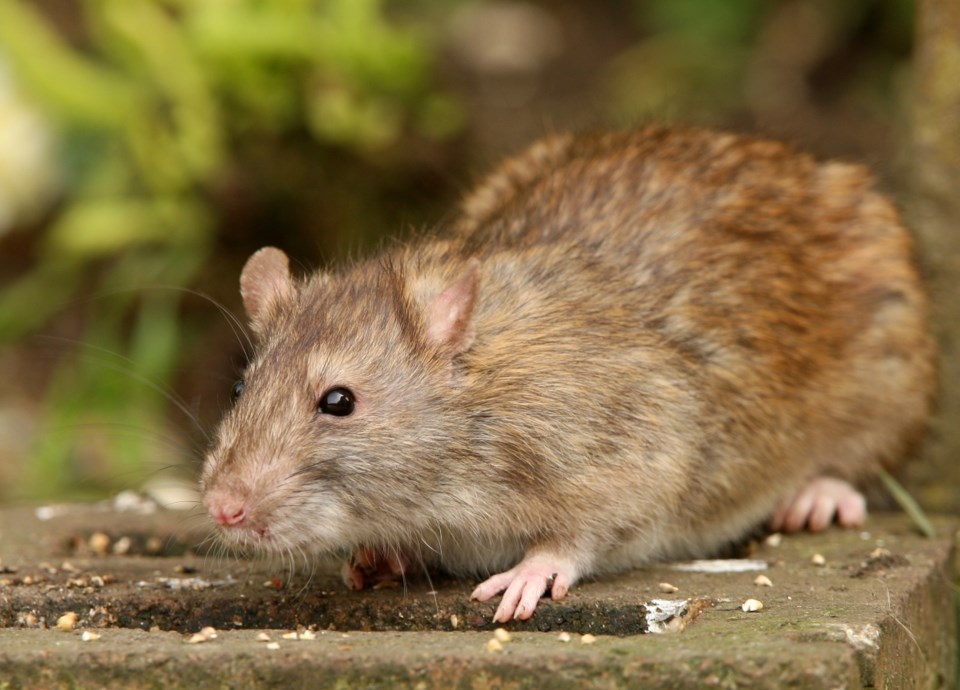Richmond City Council has voted unanimously to ban the use of rodenticides on all city-owned properties for one year.
The city’s rodent management program has traditionally centred on the use of anticoagulants, which are inexpensive and don’t require much staff oversight, according to a city staff report.
Private properties are not included in the ban as they are not within the city’s jurisdiction. However, the city is encouraging private land owners and businesses to move away from the use of rat poison.
Anticoagulant rodenticides are used to kill rats, mice and other rodents and are typically put out in bait stations using flavours such as ground meat or vegetables to attract animals. When ingested, the anticoagulants cause internal bleeding.
Because the rodents aren’t killed immediately after ingesting the poison, they can be taken as prey by other animals such as owls, which are then also poisoned.
“A B.C. and Yukon study has found 70 per cent of owls tested had some form of anticoagulant in their system,” said the city in a statement.
“A dead Barred Owl recently found in a Richmond park is being assessed to determine if anticoagulants were a contributing factor in its death.”
The city will run a pilot project and monitor the properties to determine the ban’s impact on rodent populations and other wildlife and report back to council within a year.
During the project, which will cost $67,000, rat poison will be replaced with non-pesticide practices such as snap traps.
The city will also send letters to B.C.’s Ministry of Environment and local MLAs outlining Richmond’s concerns about the use of rat poison and asking for a review of the province’s polices that allow for their sale and use.



